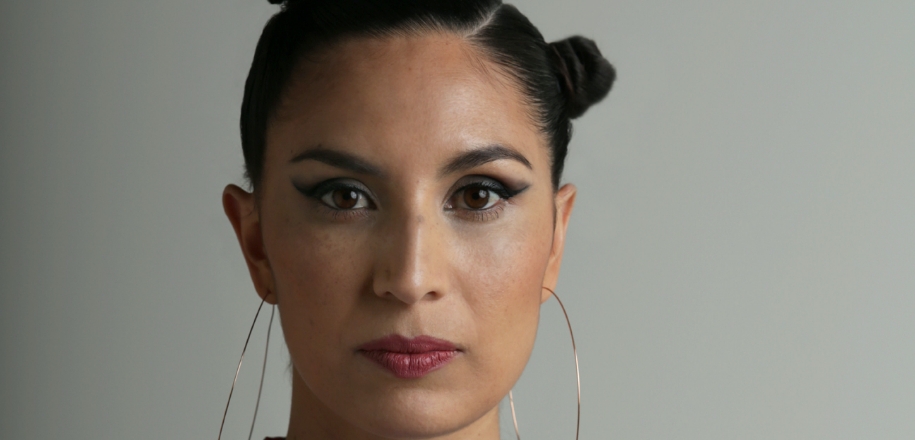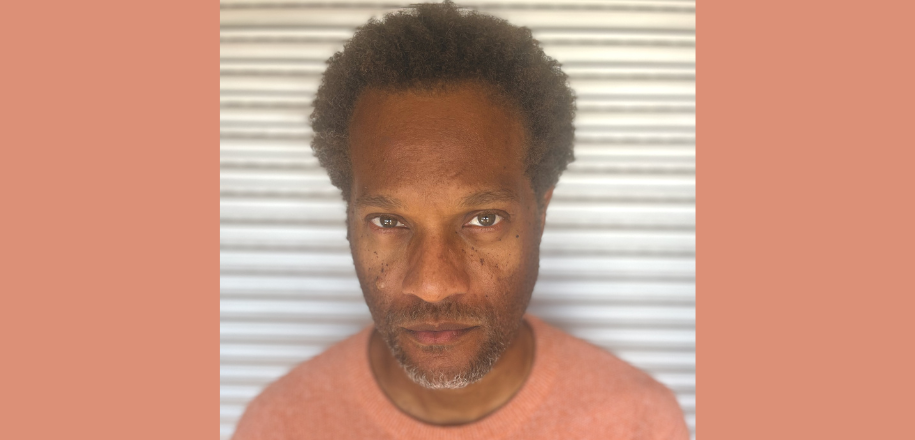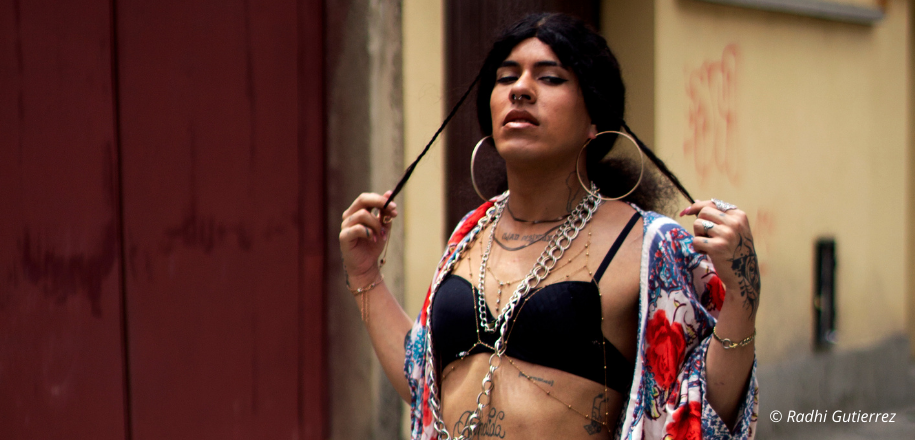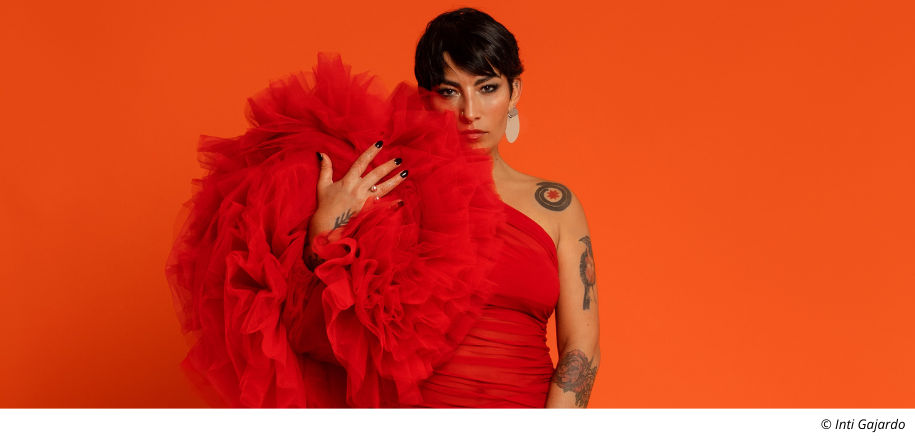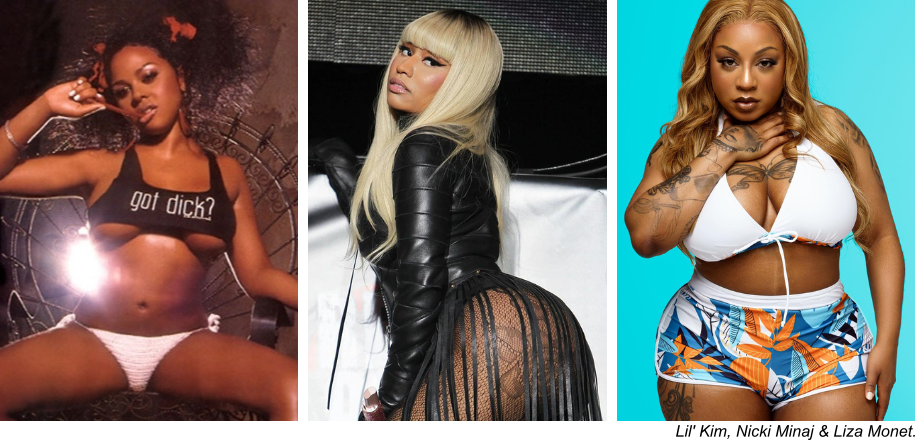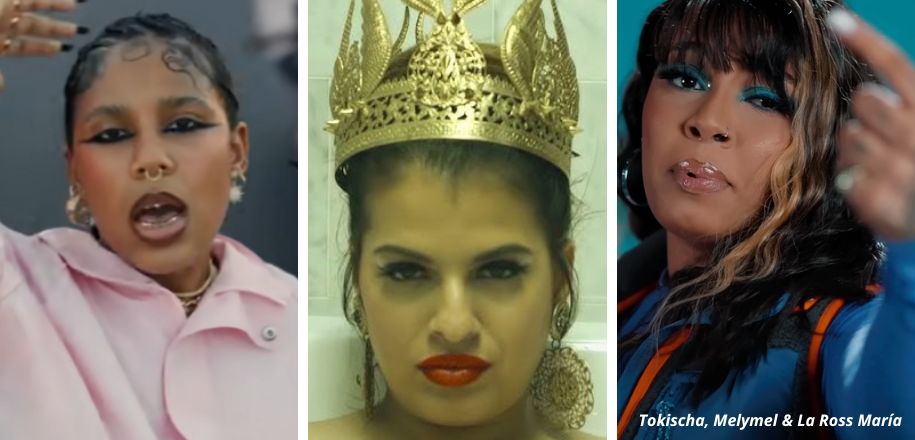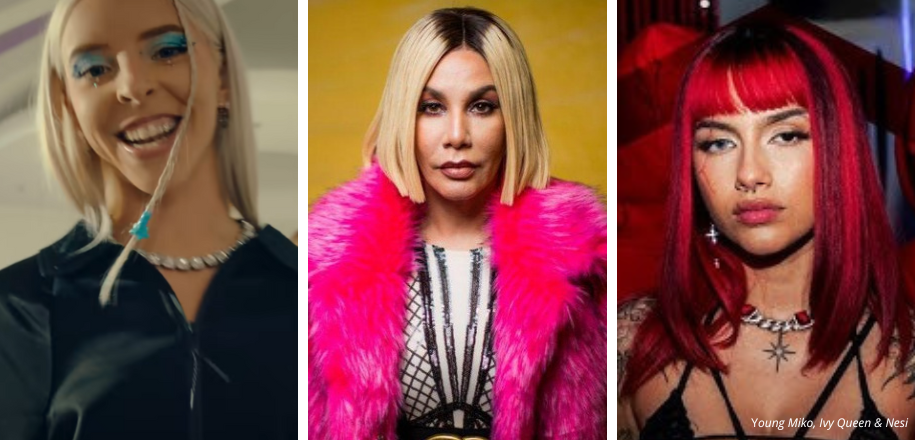A songwriter, radio MC and rapper, Maya Jupiter has been active on the hip hop scene for nearly 20 years. Now based in Los Angeles, the Mexican-Australian artist told us about her “artivism”, her fight for human rights and her upcoming EP.
How and when were you introduced to hip hop?
I was introduced to rap music on pop radio at around age 12 in the early 90’s. Throughout high school, I fell in love with Salt’N’Pepa, MC Lyte, Queen Latifah, Naughty by Nature and Ice Cube. I started writing my own rhymes around 15 years old and made my first demo at 18.
It wasn’t until I was 19 years old (in 1998) and was able to attend a 10-day hip hop festival in Sydney called Urban X-pressions, that I truly understood hip hop as a culture. I learned about the 4 elements by participating in street cyphers, breaking in Hyde Park, poetry and open mic nights, seeing graffiti artists at work and watching performances by both Australian and American hip hop groups. It was a really special time in my life and I was introduced to Sydney’s hip hop community.
How did you start rapping?
I loved listening to hip hop and wrote poetry as a child so it felt very natural to start writing rhymes. I was a kid and didn’t think twice about it. Although, I only had one verse that I would spit on train rides while hanging out with friends! After a while I started writing more for myself, as therapy. I didn’t think about it that way but as an adult, I can look back and see that I needed to process my experiences, thoughts and feelings and writing was my outlet.
If someone doesn’t know your music and wants to discover it, which track would you advise them to listen to first and why?
Madre Tierra encompasses a lot of who I am and what I stand for. It is a song that lives in the intersections of human rights, women’s rights, dignity, a world free of violence, both state and domestic. It draws parallels between these issues, environmental issues and the inter-connectedness of our struggles. It is woman as Mother Earth and Mother Earth as woman.
Musically it draws from my Mexican roots, leaning heavily on Son Jarocho music, a 300+-year-old folk tradition from the region of Veracruz, and features Joel Cruz-Castellano of Los Cojolites.
You define yourself as an artivist. Would you say you use hip hop as a political tool?
Yes, I started making music to tell my stories, to talk about what I saw around me and in my community. It has always been about empowerment and sharing knowledge. I learned “each one teach one” very early from KRS-One. And other artists like Public Enemy, Lauryn Hill, Mos Def & Talib Kweli inspired me to be more political in my music.
You co-founded Artivist Entertainment, which supports artists who promote positive social transformation. Can you tell us more about this project?
Artivist Entertainment has been our way to showcase and highlight important voices in our communities. We do this by hosting discussions (CharLA’s), sponsoring events such as FandangObon, Africa in America Original Works Showcase and the Fandango Fronterizo. We have produced all-womxn concerts called “Artivista” and collaborated with schools on different community projects.
Recently we produced the #CancelRent online Festival and are now producing Friday night #CancelRent Parties where artists perform and discuss the struggles they’re facing. We are organizing in solidarity with Our Right To The City Alliance and organizations across the US to #CancelRent #CancelMortgages and provide #HomesForAll during these very difficult times.
You talked about consent and campus rapes on Never Said Yes. Why do you think it is important to address this issue?
My goal was to create a song that informs people and ends rape culture. No woman or man should ever have to experience sexual violence (or any violence) and the statistics are alarming. I saw the documentary The Hunting Ground and it inspired this song.
We need a huge shift in the way women are seen, treated and valued. And men too. Men experience rape also but do not report as often as women do.
As an advisory board member of Peace Over Violence and a spokesperson for their Denim Day Campaign, I wanted to use my music as a tool to bring awareness and inform people about affirmative consent.
Who are your female role models?
My mother was my first role model. She spent her life developing multicultural policies in a number of government agencies, creating services for culturally and linguistically diverse communities. I get my politics, my empathy and love of humanity from her. She taught me how we should treat and care for one another.
I also look up to members of my community here in Los Angeles: Dr Martha Gonzalez, Chicana Artivsita, PhD, feminist music theorist, Grammy award winning singer, songwriter musician, Professor of Chicana Latina Studies and mother.
Dr Melina Abdullah, Professor and Chair of Pan-African Studies at California State University, Activist, Co-Founder of Black Lives Matter Los Angeles Chapter and mother.
Kikanza Ramsey-Ray is an educator from my community that I admire. She is the founder of a nature-based, progressive school that specializes in caring for the child holistically, sustainable living, non-violent parenting and play-based, She is also a community organizer and mother.
There are many more I could make a list.
Do you consider yourself a feminist? If so, how would you define your own feminism?
Yes. I stand for the empowerment of women and understand that our struggles are connected. I fight against the prison industrial complex, police brutality, slave labor, human trafficking, poverty, institutional, state and domestic violence. I fight for immigrant rights and to close down all detention centers. Free our children. I fight for the sovereignty of First Nations people and for environmental justice. This is my feminism.
What are your upcoming projects?
I have been working on a new EP produced by Georgia Anne Muldrow. My vision was to write uplifting songs that unite us and to focus on all the things I stand for instead of the things I stand against.
It has been difficult to focus during this quarantine as I’m distracted by my concerns with the pandemic and the safety of my family. I have two small children who keep me very busy and I’m just taking it a day at a time right now.
What do you think about Madame Rap? What should be changed or improved?
I’m blown away by the incredibly comprehensive list you have of women-identified MCs. If anyone ever asks me again why there aren’t enough women in hip hop I will gladly point them to this list!
Find Maya Jupiter on her website, Facebook, YouTube, Instagram and Twitter.

